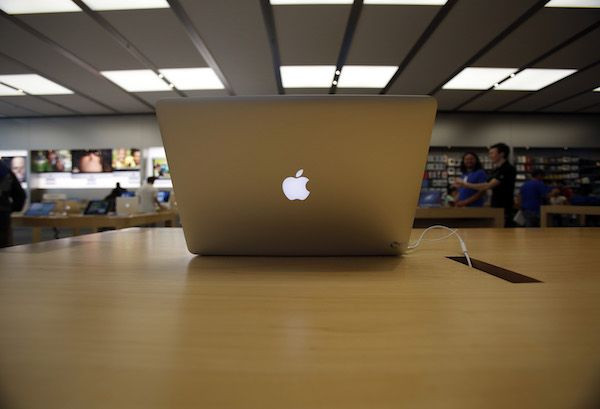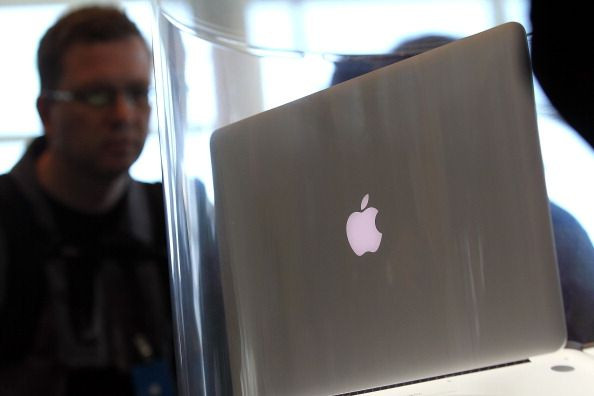Apple’s App Notarization Requirements For macOS Catalina To Be Enforced In February

KEY POINTS
- Apple announced that it is enforcing app notarization prerequisites on Feb. 3, 2020
- Apps that aren't notarized by then will not work on macOS Catalina anymore
- Apple instructs developers to work on meeting notarization requirements
Apple announced that in February, it is enforcing notarization requirements for all apps on Macs running on macOS Catalina, and is calling on all developers to meet all notarization prerequisites before that time so their apps can continue running.
Cupertino tech giant Apple announced earlier in June that all apps distributed outside the Mac App Store must be notarized so they can continue functioning on Macs and MacBooks running on the latest macOS version, macOS Catalina.
The logic here is simple: by notarizing all apps, Apple will be able to protect users from malicious apps or apps that contain malicious code from infecting the user's Apple-branded computer. Non-notarized apps won't run on Macs or MacBooks.
Those who try to launch non-notarized apps will receive warnings about the app, and won't be given an option to “Trust” them even if they are from trusted developers.
In September this year, Apple decided to adjust the notarization prerequisites temporarily so that users can continue to use older versions of the software they use. In a post on the Developer site, however, Apple announced that all Mac apps “must meet the original notarization prerequisites” on or before Feb. 3, 2020.
Apple Insider noted that under the interim terms the Cupertino tech company launched in September, Apple notarizes apps that:
- Were created using an older SDK
- Include components that are not signed by a Developer ID
- Include the "get-task-allow" security entitlement.
- Do not have the Hardened Runtime capability enabled
- Do not have a secure timestamp that includes the developer's code-signing signature
While developers were given more time to have their software notarized to run on macOS Catalina, Apple warns that those who fail to meet the notarization requirements on time won't be able to make their apps work on the latest macOS version. Apps that are notarized on or before Feb. 3, on the other hand, will continue to run on Catalina once the prerequisites are enforced.
Developers are advised to upload their software to the notary service and review the warnings on the developer log. These warnings, Apple said, will become errors preventing apps from being notarized. Developers are advised to work on the warnings.

© Copyright IBTimes 2024. All rights reserved.



















